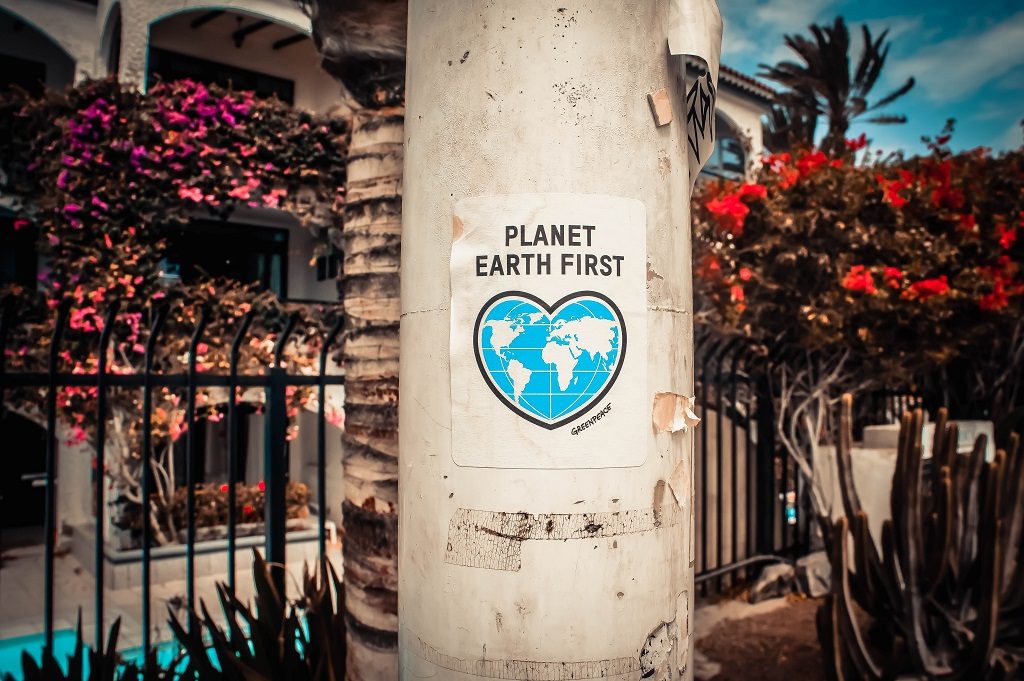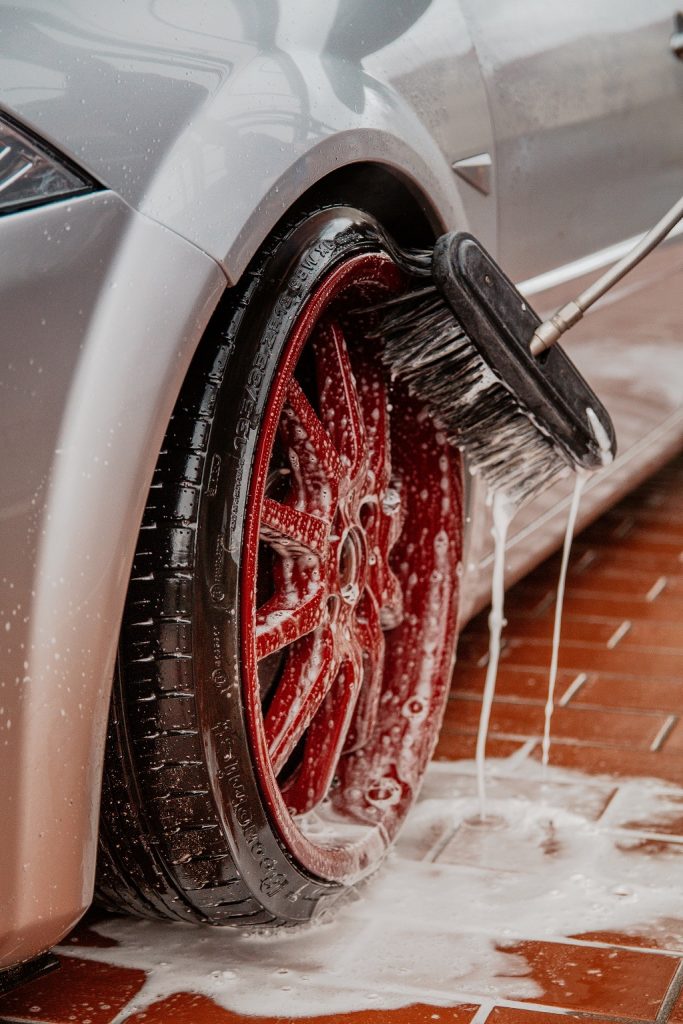The Use of Eco-Friendly Car Washing
FOR STUDENTS
What can be more environmentally un-friendly than washing cars in driveways? Compared to household wastewater that is treated before it is discharged into the environment, wastewater from your car wash goes straight to storm drains and then to rivers, streams, and wetlands. Eventually, it poisons the whole ecosystem. Why does it happen?

Water is loaded with a huge content of gasoline and oil due to being extracted from exhaust fumes. Do you want to be responsible for all the related harm? Before you answer the questions, learn more about this issue in our written essay by DarwinEssayNet!
Commercial Car Washes Address Waste Water
The national legislation in both the United States and Canada requires private carwash facilities to drain their wastewater into sewer systems. That way, it can be treated before it is delivered back into the outdoors. Also, private carwash facilities use electronic systems, high-pressure nozzle sets, and massive pumps that reduce water usage to the minimum. Many of them also recycle or re-use the rinse water for several times.
The International Carwash Association, an industry group of commercial carwash businesses, states that automatic carwash facilities utilize less than half the water of the average home car washer. In fact, washing a car at home usually requires up to 140 gallons of water per car, while a private car washing up to 45 gallons. The difference is more than striking!

Green Approach to Car Washes
If you have to wash your car in home settings, you should use a biodegradable soap produced specially for automotive parts. Simple Green’s Car Wash or Gliptone’s Wash ‘n Glow are some of the most popular options for this purpose. Alternatively, you can proceed with your own biodegradable car wash by using the combination of one cup of liquid dishwashing detergent, 3/4 cup of laundry detergent, and three gallons of water. This mixture can be applied for exterior car surfaces.
The use of green-friendly cleaners will let you avoid the driveway. Thus, you can wash your vehicle on your lawn so that the toxic wastewater can be automatically neutralized in soil. It won’t reach storm drains or open water systems. As soon as you are done, make sure you disperse the remaining puddles because they contain toxic residues that can poison thirsty animals.

Waterless Car Wash Products Suitable for Small Jobs
To minimize such problems, you should wash your vehicle by using several available waterless formulas. They are especially useful for spot cleaning and applicable for spray bottles. Thus, Freedom Waterless Car Wash has turned into a leading product in this sector.
A More Advanced Car Wash Option for Fundraising
The last but not the least is kids and parents planning a fundraising car wash process. While the use of clean water legislation is widely violated, the run-off is not disposed of properly. Washington’s Puget Sound Carwash Association makes it possible for fund-raisers to distribute tickets redeemable at local car washes. That way, private organizations can still make a profit by keeping local waterways untouched.


